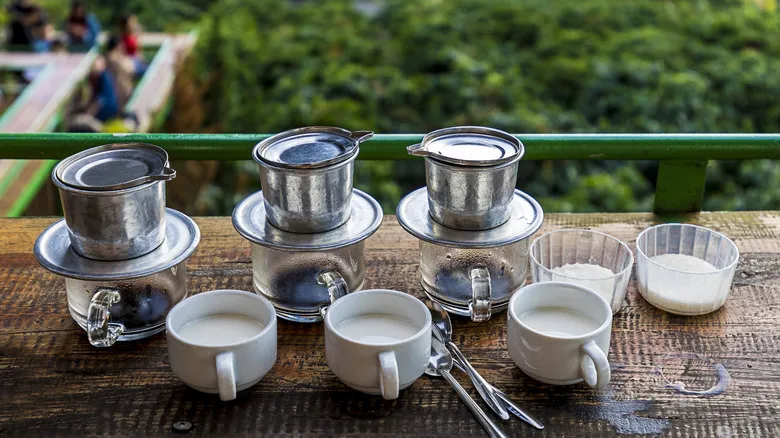Other factors that play into coffee's effects

The quantity of coffee you consume and the speed at which you drink it are key factors in whether the beverage will lead to dehydration. However, scientist Kantha Shelke emphasizes that what else is in your system at the time of drinking also plays a significant role. "Coffee on an empty stomach may have a quicker effect," she noted. To mitigate coffee's impact, it's advisable to avoid drinking it on an empty stomach and to stay hydrated with other fluids.
Another crucial aspect to consider is individual tolerance. "For those who are not used to caffeine, consuming a large amount at once may result in increased urine output," Shelke explained. While it generally takes about 45 minutes for the body to fully absorb coffee, its effects can be felt as soon as 15 to 20 minutes after consumption, depending on the individual. Even for regular coffee drinkers, the effects can vary based on metabolism, according to Shelke. Consequently, you might experience prolonged effects, such as dehydration, anywhere from one to nine hours after drinking.
In summary, the effects of coffee differ from person to person. By understanding how coffee impacts you, you can figure out the best way to enjoy your morning cup without adverse effects. "Regular drinkers often manage their intake, and dehydration is not typically a concern for them," Shelke stated. If you savor your coffee slowly and in moderation, you may avoid the downside of dehydration.
Recommended

The Spicy Ingredient That Can Add A Subtle Heat To Your Coffee

What Coffee You Should Drink When Visiting Vietnam

Oat Vs Almond Milk: Which Is Better For Creamy Lattes?

The Nespresso Tip That Transforms Any Coffee Pod Into Espresso
Next up

